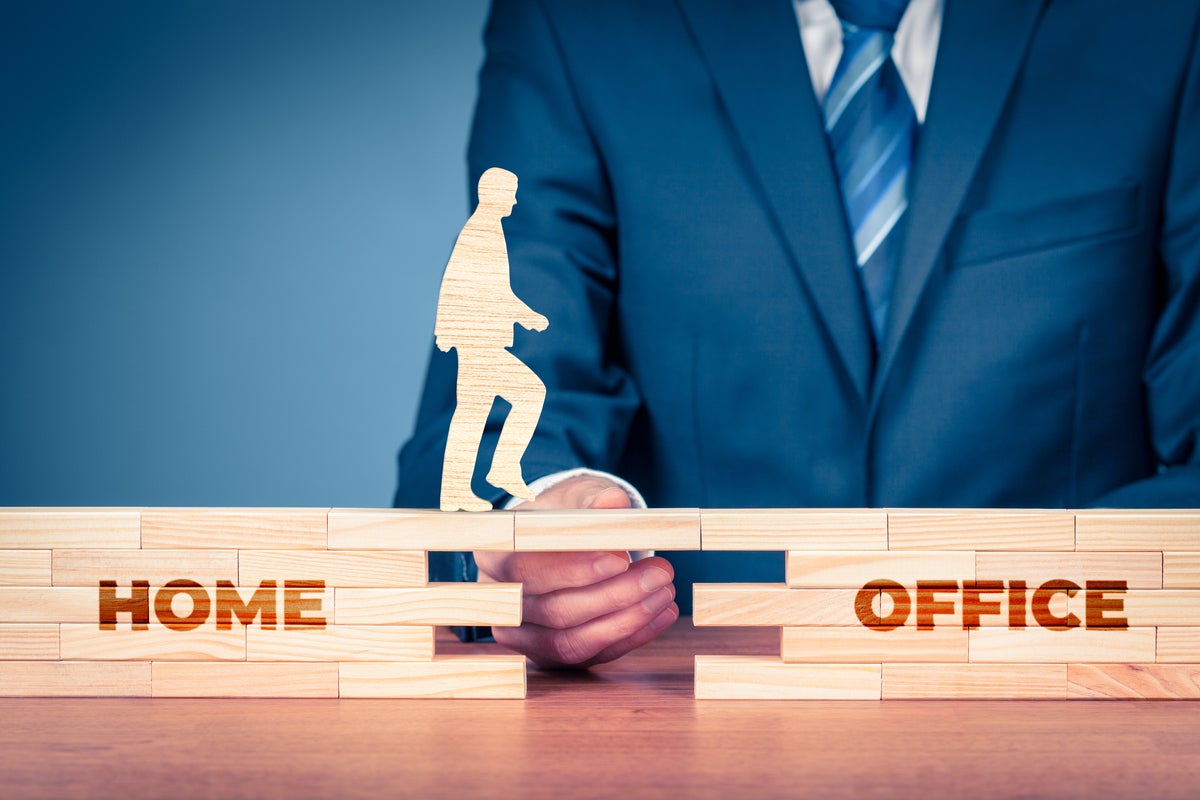Forced back into the office, many employees have admitted to showing up for just a few hours — enough time to swipe in with their employee badge, have a cup of coffee, and be seen in the workplace — then heading back home to do their work, according to a new study.
Coined as “coffee badging,” the trend showed up on a new survey of 2,000 full-time US workers conducted by videoconferencing tech vendor Owl Labs.
Owl Labs said its seventh annual State of Hybrid Work report revealed that more than half (58%) of hybrid workers said they are coffee badging to meet the minimum in-office requirement each week. Another 8% of respondents said they haven’t been coffee badging but would like to try it.
Apart from the survey, industry analysts said the behavior isn’t surprising.
“The idea of coffee badging is consistent with other behaviors we’ve seen during the hybrid work era,” said J.P. Gownder, a vice president and principal analyst at Forrester Research. “One client told me that he, himself, drove into the parking garage to badge in because he knew his company tracked it. He drove right out afterwards.”
The fundamental issues with coffee badging go deeper than shirking responsibilities, according to Gownder. Workers engage in the behavior “when employers aren’t doing a great job providing them with an environment for productivity or work/life balance,” he said.
“For example, if someone has a lot of individual work today, they’re more likely to be productive at home. If they have collaborative work, in-person offices can accelerate the success of those collaborations,” Gownder said. “If they’re putting in a lot of hours, they might need to have some flexibility during the day. Context matters to employees, and flexible hybrid policies can match context to location.”
Companies such as Amazon, Apple, BlackRock, Disney, J.P. Morgan, Meta, Salesforce, and Zoom and working hard to entice — or even force — their employees to return to the office.
Caitlin Duffy, Research Director for the Gartner HR practice, said the research firm hasn’t collected data on whether employees are engaging in this specific coffee badging behavior, but she wouldn’t be surprised if it were happening, “because it tracks with what we tend to see resulting from employee monitoring technologies.
“Unfortunately, these technologies often backfire. Monitoring techniques typically provide an incomplete picture of what employees do all day, putting too much focus on idle time and nonwork activities, and tracking activity or production volume — not the outcomes that really matter to the business,” Duffy said. “They also incentivize counterproductive work behaviors, as employees may end up trying to look busy to game the system rather than focusing their energies on doing their best work.”
Owl LabsThe costs of in-office work
The Owl Labs survey revealed that US employees simply don’t want to spend time and money on frequent…
2023-10-08 17:48:03
Article from www.computerworld.com rnrn
